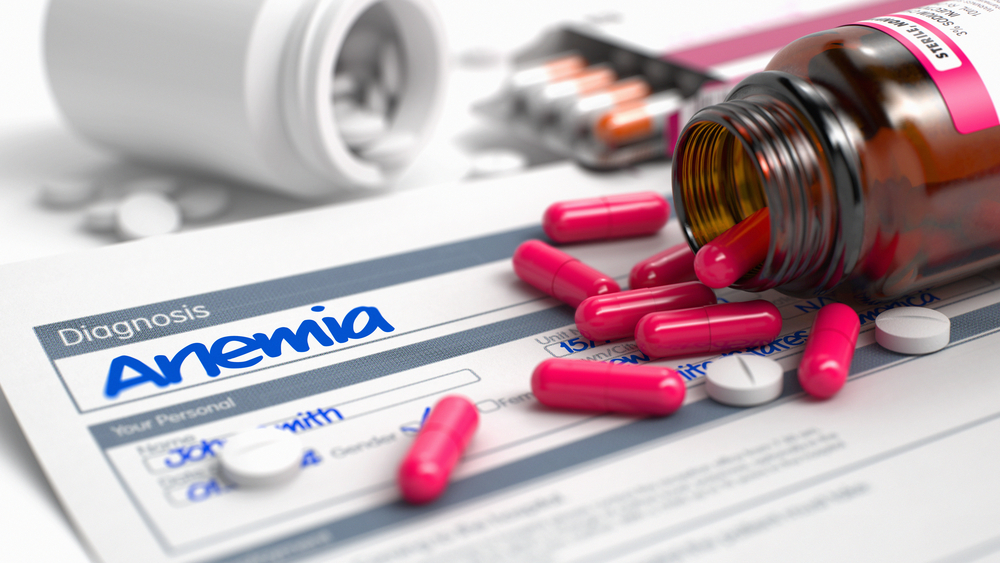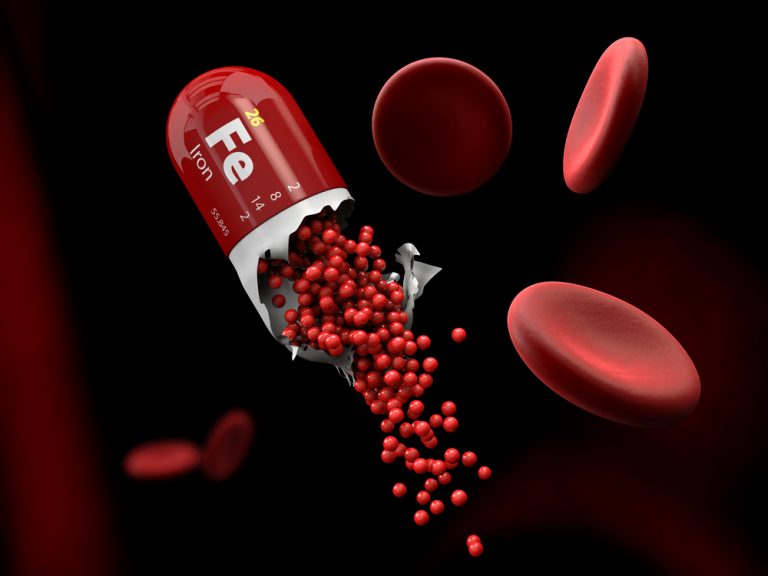It’s no secret that iron helps keep the blood oxygenated, which equates to improved energy and recovery. Iron also has a role in enhancing fat burning, as it’s involved with the production of the amino acid L-carnitine, which transports fatty acids into the mitochondria of the cell to used more efficiently as fuel. Iron is also key in the development of collagen and elastin, important components of connective tissue. Plus, it improves the function of brain neurotransmitters, as well as regulating and producing them.
Why do we need iron?
Sports physiologists contend that neurotransmitters permit proper signals and communication to be transmitted across the nervous system, which plays a key role in perpetuating inborn physiological protocols that sustain the internal anabolic environment. All good stuff, but there appear to be some questions concerning men and supplemental iron.
The concern is valid, and the answer to whether men need extra iron involves an innate physiological procedure referred to as “iron-binding capacity,” the fact that men do not menstruate and a disorder known as hemochromatosis.
Iron binding refers to how efficiently your body can absorb and use iron. When the body loses its ability to bind properly with proteins located in the intestine, this essential mineral cannot be transported to the cells for proper use. The inborn process involved is known as the “ferritin mechanism” so named because the iron compound formed is called ferritin. When the mechanism malfunctions, irons binding capacity is severely compromised. That can result in iron deficiency anaemia, a reduction of normal red blood cells, even though your diet is well balanced and you’re getting enough supplemental iron.
Iron deficiency
With iron deficiency anaemia, even if you’re taking in dietary and complementary iron, most of it is not being used. Under normal circumstances only about 10 to 30 per cent of dietary iron is absorbed, with 70 to 90 per cent being eliminated. The other insidious factor is that the body is unable to adequately maintain or sustain any iron reserves in the bone marrow for haemoglobin, the substance that transports life-giving and energized oxygen to the cells, tissues and each and every organ system.

Conversely, myoglobin, a protein structurally similar to haemoglobin found in muscle tissue that binds with oxygen and serves as a reservoir for oxygen, can also become compromised, which limits the number of fully oxygenated and energized red blood cells. The bottom line here is that when no suitable iron is being sorted and used, this dysfunction can lead to generalized hypoxia, in which the body as a whole or a section of the body is deprived of oxygen, a situation that can have severe pathological consequences.
To regulate the respiratory actions of iron, the body has built-in conversion, or recycling, process. When levels adequate, the intestinal protective lining will increase and or decrease absorption of iron, depending on the amount in the blood. Under the right conditions the body normally absorbs about 6 to 10 per cent of iron from foods. While this internal mechanism exists to prevent iron overload. An iron-deficient person could absorb up to 60 per cent of iron from food sources alone. Note also that such problems are not exclusively limited to people suffering from anaemia.
Males don’t menstruate, so the only way they can readily get rid of excess iron is by bleeding. Supplementation isn’t recommended, and here’s why: Excess iron increases cellular oxidation, which can be compared to something that is rusting away. It is associated with an increased risk of developing cancer and of damaging arteries, which can lead to heart disease. Furthermore, iron overload can increase susceptibility to bacterial infections, which use it as a growth agent. Iron overload due to overabsorption is linked to a genetic disorder called hemochromatosis, which can severely damage the liver, heart and pancreas and can be fatal. Women, as well as men, can suffer from it. The recommended daily intake of iron for men is 10 milligrams per day, and with a sound nutritional program in place and no underlying medical conditions, you can easily get that dose in your diet.






